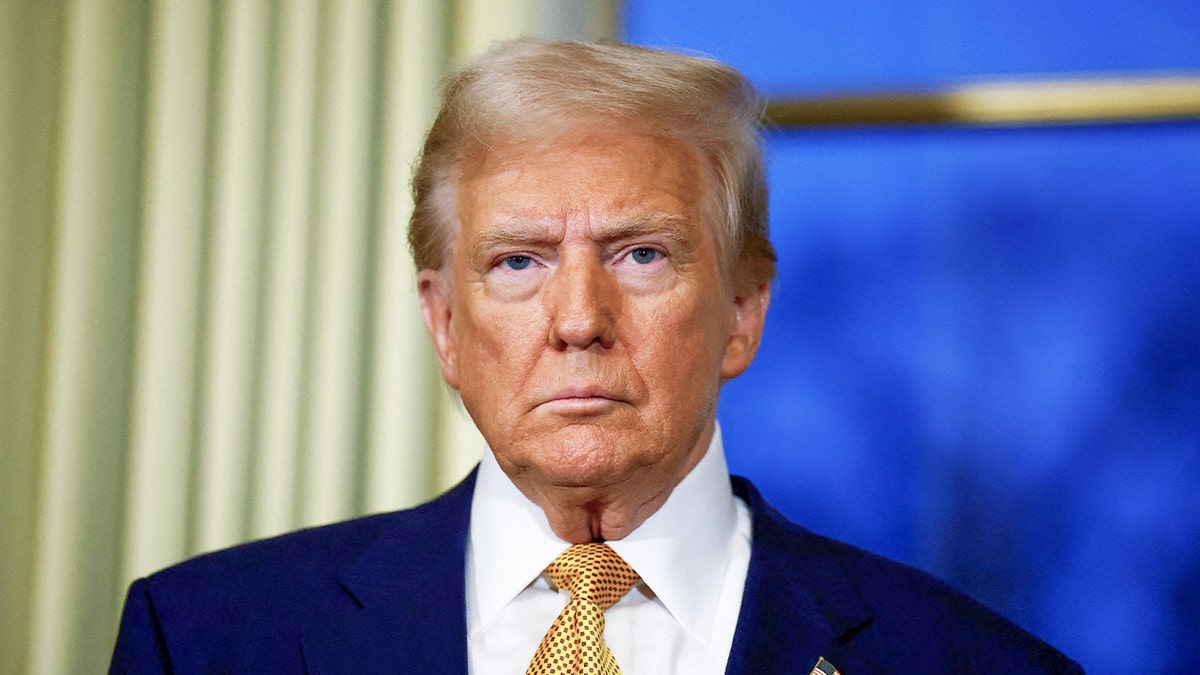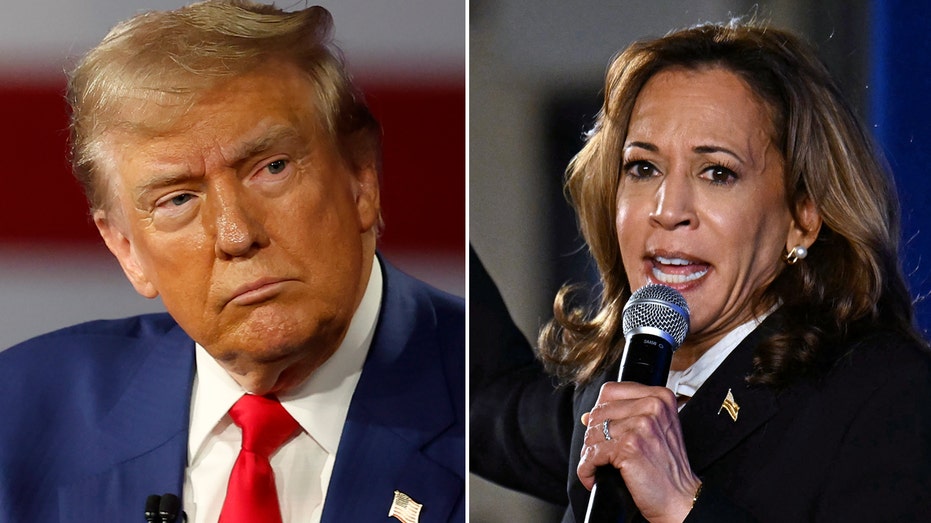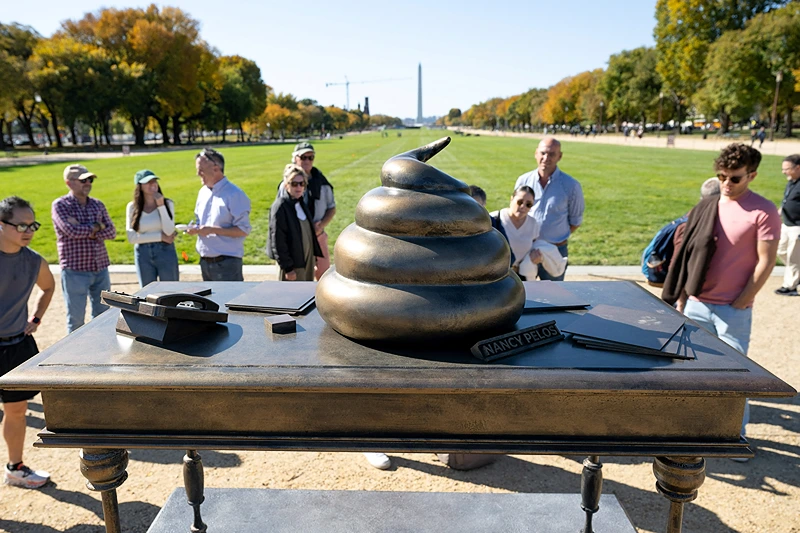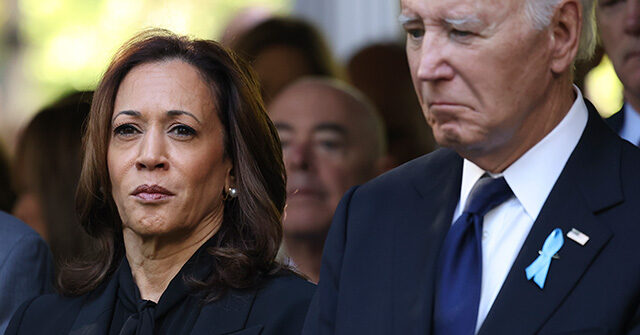Getting Russia Right
A 30-year-old State Department cable sheds light on the Clinton administration’s failures in Russia. The post Getting Russia Right appeared first on The American Conservative.

Getting Russia Right
A 30-year-old State Department cable sheds light on the Clinton administration’s failures in Russia.
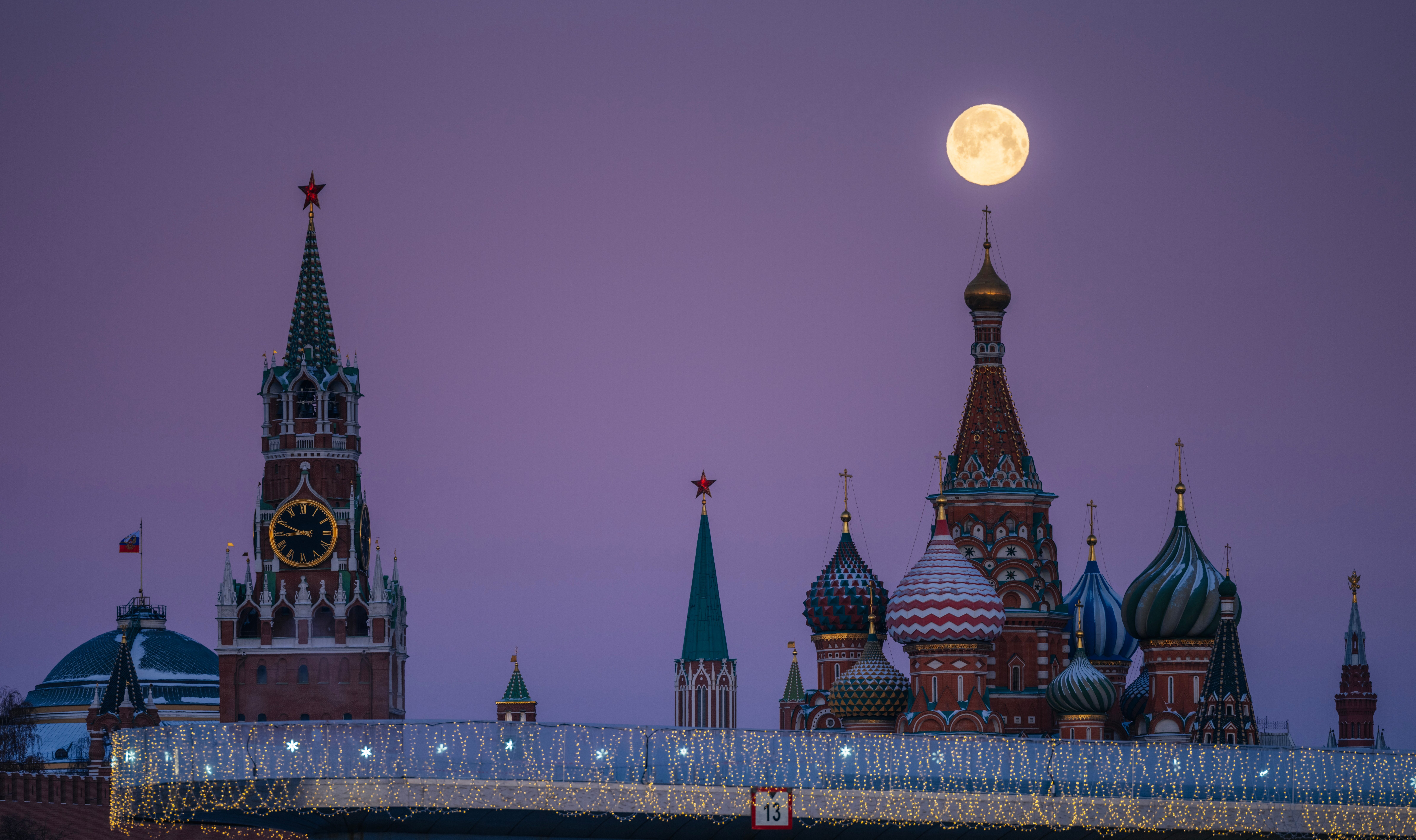
Thirty years ago, March 1994, E. Wayne Merry, a career Foreign Service officer, filed a dissent cable that remained firmly under wraps until last month, when the estimable National Security Archive at George Washington University published it on its website. Many are now comparing Merry’s cable to George F. Kennan’s Long Telegram in its scope and prescience. Merry tells me he finds such comparisons embarrassing—but they are, in my view, both unavoidable and well earned.
One big difference of course is that people in positions of influence listened (at first, anyway) to Kennan, but dismissed Merry—and with predictably disastrous results for the U.S.-Russia relationship. The Harvard-inspired economic policies that fell under the rubric of “shock therapy” (which sought to turn what had been a planned, socialist economy for the preceding 70 years into a free market system on Anglo-American lines overnight) contributed to the largest demographic and economic collapse of a modern industrialized country ever recorded in peacetime. Russian economists and scholars compared the economic and social consequences of the American-imposed austerity program on Russia to that which might have been expected from a “medium level nuclear attack.”
Merry, who served as chief political analyst at the U.S. Embassy in Moscow 1990–1994, saw what so many within the Washington political establishment chose not to see, that the imposition of the set of foreign economic doctrines on Russia was destroying the lives of ordinary people—as well as transforming U.S.–Russia relations for the worse.
The story of Washington’s malfeasance toward Russia in the 1990s is not new. The Nobel winner Alexander Solzhenitsyn noted the folly of Washington’s meddling in the post-Soviet space in The Russia Question (1994); the Soviet dissident Andrei Sinyavsky castigated Russia’s Westernizers in The Russian Intelligentsia (1997); here at home, famed Russia scholar Stephen F. Cohen railed against the incompetence of Clinton administration and the myopia of both the scholarly community and the media in Failed Crusade (2000).
Yet the release of Merry’s cable is of such note because it shows beyond any doubt that as early as late 1993, the chief architects of the Clinton administration’s doomed project of imposing a foreign economic model on Russia had ample warning from among the best and the brightest analysts at the U.S. Embassy in Moscow.
Hubris (even perhaps nihilism) was the hallmark of the American project to remake Russia in its own image in the 1990s. Yet Merry boldly challenged the assumptions underlying the so-called “Washington Consensus” and paid a price for his outspokenness. As Merry has noted, “Washington never forgives the bearer of bad news who is proven right. Never.”
And while the State Department is rarely—if ever—welcoming of those who challenge prevailing opinion, Merry credits his then-boss, Ambassador Thomas Pickering, for forwarding on his unpopular missives to Washington. Merry’s critique especially riled America’s free market missionaries at the Treasury Department and within the State Department’s Economic section at the Embassy in Moscow.
“Democratic forces in Russia are in serious trouble. We are not helping with a misguided over-emphasis on market economics,” wrote Merry. “There is no reason to believe the Russian economy is capable of rapid market reform,” he continued.
“There is reason to fear,” however, “that an intrusive Western effort to alter the economy against the wishes of the Russian people can exhaust the already diminishing reservoir of goodwill toward America, assist anti-democratic forces, and help recreate an adversarial relationship between Russia and the West.”
And on the trajectory Russian foreign policy later took, Merry’s crystal ball was better than most. “They key issue for stability within the former Soviet domain,” said Merry, “is the status and well-being of the twenty-five million ethnic Russians beyond the borders of the Federation. The key country is Ukraine, home to about half of them.”
He also noted that “Crimea and the Eastern salient of Ukraine are by far the most dangerous potential conflict zones of the former empire, dwarfing the localized conflicts in the Caucasus and Central Asia in importance.”
Read in light of recent events, Merry’s cable makes for riveting reading—by turns startling and depressing, accurately analyzing, in some cases predicting, the myriad problems with the forced transition from a planned to market economy. In so doing Merry intuited the problems that were to come down the line.
Toward the end of his cable’s 70 paragraphs, Merry concludes that there was a crucial missing ingredient in the Clinton administration’s best laid plans to transform Russia: respect.
“The key to a constructive American role in supporting the growth of Russian democracies, mutual respect,” wrote Merry.
He continued,
One might ask why we should show respect for a country which has inflicted upon itself so many failures over the years. We should do so first because respect is the appropriate medium of interchange with any emerging democracy [and] finally, we should show respect because Russia is their country to do with as they see fit. The more so as we are not prepared to match our advice with money.
In this one can hear an echo of Simone Weil’s admonition as to why human beings and nations require respect.
During the Second World War, Weil had written that,
The fact that a human being possesses an eternal destiny imposes only one obligation: respect. The obligation is only performed if the respect is effectively expressed in a real, not a fictitious, way; and this can only be done through the medium of Man’s earthly needs.
It is that missing ingredient—perhaps above all else—which goes a long way toward explaining why the U.S.–Russian relationship has unfolded in the way that it has over the past thirty years.
The post Getting Russia Right appeared first on The American Conservative.
What's Your Reaction?









